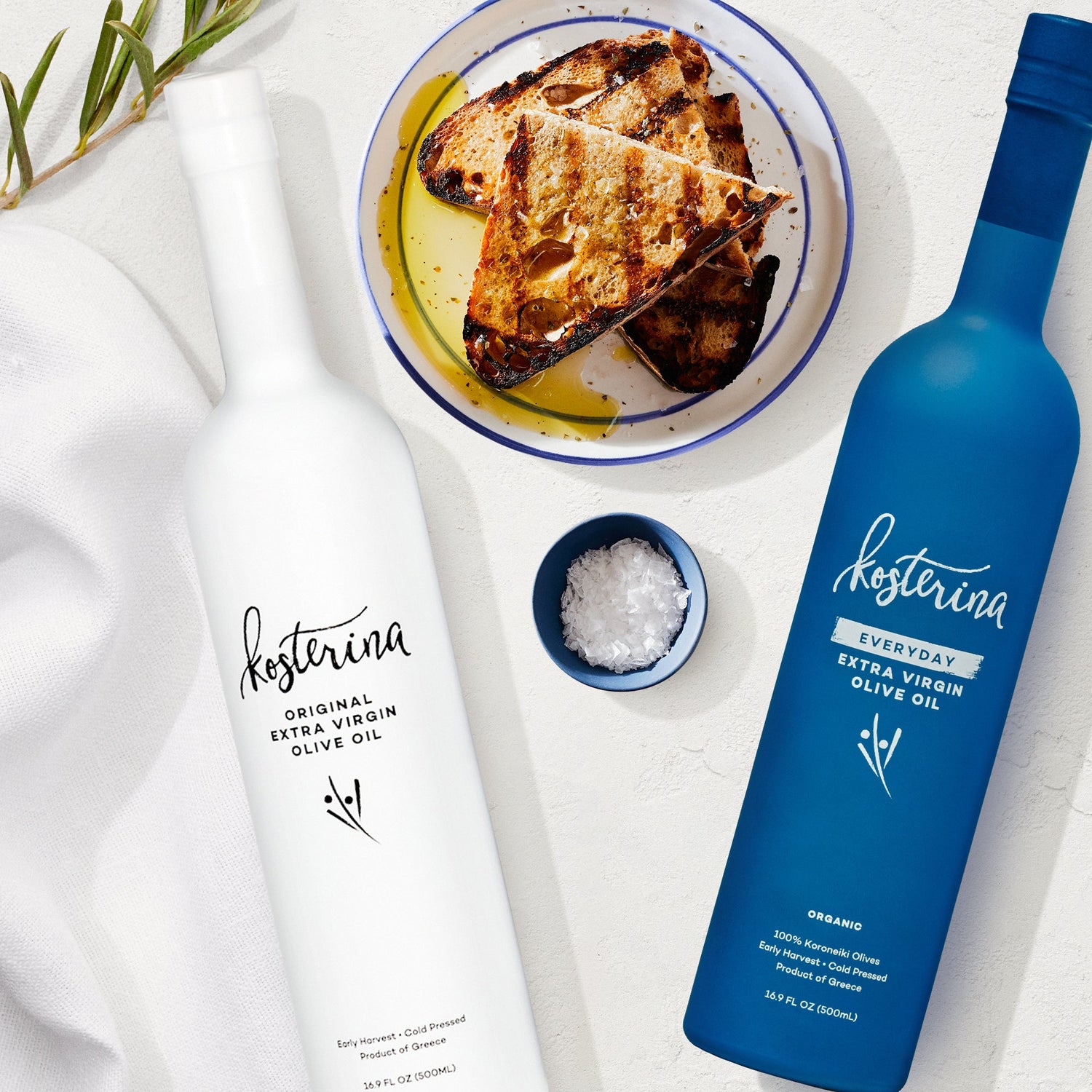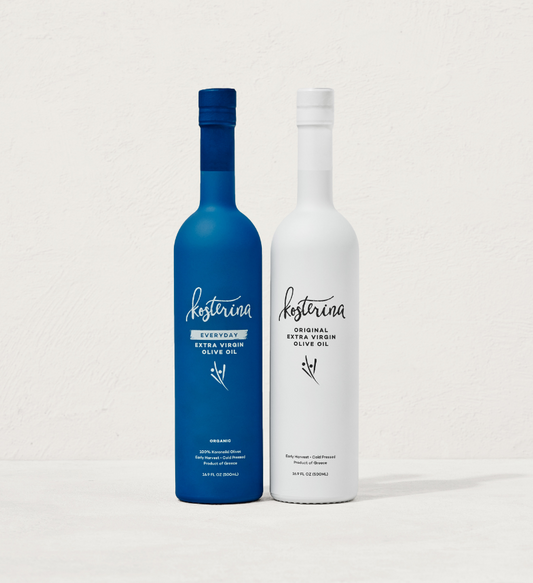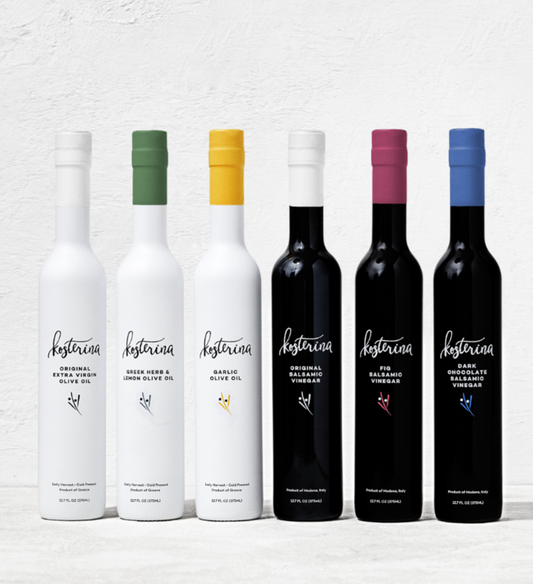In the ever-evolving world of wellness, peptides are making serious waves. These small but mighty molecules are gaining traction as a way to support everything from muscle tone to glowing skin—and even healthy aging. But what exactly are peptides, and should you consider adding them to your wellness routine? Let’s dive in.
What Are Peptides?
Peptides are short chains of amino acids, the building blocks of protein. Your body produces them naturally to help regulate vital functions like:
- Hormone production
- Tissue repair
- Metabolism
- Immune response
As we age, our body’s natural peptide production can decline. That’s where therapeutic peptides come in—lab-made or bioidentical versions that mimic or enhance the body's own signals.
There Are Three Main Types of Peptides in the Wellness World:
- Collagen Peptides: Found in powders and supplements, these support skin elasticity, joint health, and gut lining repair. We love using this Marine Collagen daily. Explore more on collagen peptide benefits here.
- Bioactive Peptides: Naturally found in foods (like dairy or fermented soy), these may reduce inflammation and support cardiovascular health.
-
Therapeutic Peptides: Prescription-based, synthetic peptides used for a growing list of functions:
- Supporting tissue repair and recovery
- Enhancing immune system function
- Stimulating natural growth hormone production
- Improving skin tone, elasticity, and pigmentation
- Boosting cellular energy and mitochondrial health
- Promoting healthy metabolism and weight regulation
- Longevity!
Why Are Peptides Injected?
Many therapeutic peptides can’t survive the digestive process. Injection bypasses the digestive system, delivering the peptide directly into circulation for better absorption and faster results. They can be administered either subcutaneously (under the skin) or intramuscularly (into the muscle).
Why Are Peptides Trending?
Therapeutic “longevity” peptides are gaining attention from experts like Dr. David Sinclair and Dr. Mark Hyman for their role in improving healthspan. Peptides work with your body’s natural systems instead of overriding them, influencing pathways associated with aging and repair—often with fewer side effects.
“Peptides are gaining popularity for their remarkable health benefits… these tiny proteins can regulate every function in your body, from hormone imbalance to tissue repair, and even cognitive health.” - Dr. Mark Hyman, The Doctor’s Farmacy
Top Peptides for Longevity (Backed by Science)
| Peptide | Nickname | Primary Benefits |
|---|---|---|
| BPC-157 | The Healing Hero | Accelerates tissue repair, reduces inflammation, supports gut health |
| Thymosin Alpha-1 | The Immune Booster | Enhances immune response, boosts T-cell activity, used in chronic infections |
| CJC-1295 + Ipamorelin | The GH Optimizers | Stimulate natural growth hormone release; support muscle growth, sleep, metabolism |
| Semaglutide / Tirzepatide | Metabolic Masters | Support weight loss, insulin sensitivity, and cardiometabolic health. Study: NEJM |
| Melanotan II | The Sunless Tanner | Enhances skin pigmentation, libido; may help with photoprotection |
| GHK-Cu | The Skin Rejuvenator | Copper peptide used in skincare; promotes collagen, reduces wrinkles. Review: GHK-Cu |
NAD+ – The Cellular Energy Booster
While not a traditional peptide, NAD+ is often paired with peptides to support energy production and DNA repair. Levels decline with age. Raising NAD+ may activate longevity genes like sirtuins. See research from Sinclair's lab.
Topical Peptides: Skincare Meets Science
Peptides in skincare promote collagen and elastin. OneSkin's OS-01 targets senescent skin cells. SkinCeuticals P-Tiox also shows promise with biomimetic peptides.
Are Peptides Safe?
Peptides are promising, but often still experimental and not FDA-approved for anti-aging. Avoid unregulated sources. Work with a medical professional for safety.
How to Get Started with Peptides Safely
- Work with a functional medicine provider
- Run biomarker and hormone testing
- Use pharmaceutical-grade peptides
- Create a personalized protocol
Can You Support Peptide Function Naturally?
- Eat quality protein (eggs, legumes, grass-fed beef, wild fish)
- Use polyphenol-rich EVOO like Kosterina
- Prioritize sleep
- Exercise regularly
These daily habits support peptide production, hormone balance, and cellular function for longevity.
Peptides and the Mediterranean Mindset
At Kosterina, we support science-backed rituals rooted in timeless Mediterranean wellness. Peptides are exciting, but habits like diet, sleep, movement, and community remain essential.
Want more healthy aging insights? Join our wellness newsletter.
Peace, Love, & EVOO,
Katina and The Kosterina Team








